





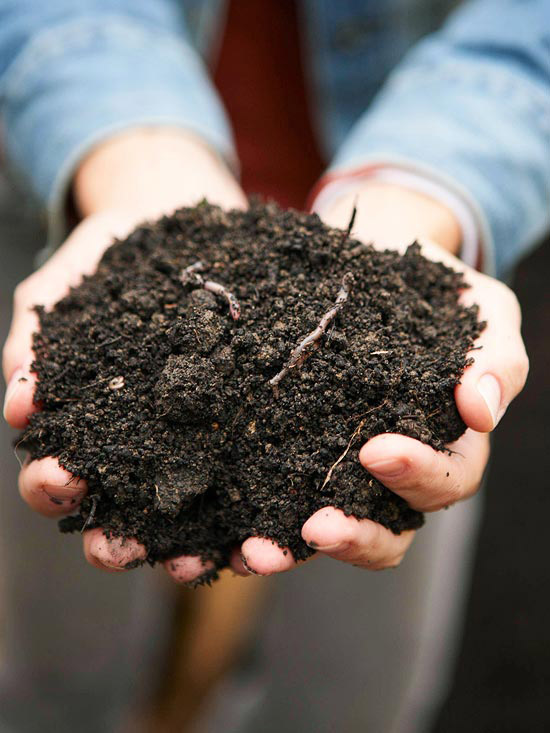
All gardens benefit from regular additions of soil amendments. Apply amendments individually or in combination each season and whenever you plant. Spread compost, manure, and peat three inches deep on top of soil and work in to the top three to six inches, apply 1/2 inch or less of sand, greensand, and vermiculite, perlite, or gypsum, and work into the top eight inches of soil.
The following materials help improve soil's fertility and its capacity to hold and drain moisture:
continue reading below
Decomposed leaves, grass clippings, plant-based kitchen scraps, and other organic materials. A well-balanced, slow-release, nutrient- and humus-rich amendment. Lightens heavy soils; enriches poor soil.
Learn how to make your own compost.
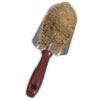
Use coarse sand in small amounts to improve drainage and loosen clay soil. Too much sand turns some soils into concrete. It contains no nutrients but lasts indefinitely.

Aged or rotted manure (from cows, sheep, horses, chickens, and others) boosts soil nitrogen. It loosens heavy soil and improves water retention in light soils. Fresh manure burns plants; compost it for a year before using.
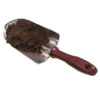
Absorbs moisture; especially helpful in sandy soil. Loosens heavy or clay soils. If allowed to dry out, it can become hard, crusty, and difficult to remoisten. Peat or peat moss may be harvested from environmentally fragile peat bogs, a limited resource. Use sphagnum peat moss instead.
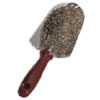
Made by heating mica until it bursts, this lightweight particulate holds moisture and loosens soil. Good in all soil types. Lasts indefinitely.
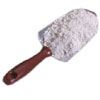
White volcanic residue that aerates soil and lasts indefinitely. Good for all soil types; a little helps.
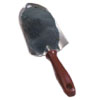
Powdered rock that contains potassium and other nutrients. Slows soil compaction and helps retain moisture.
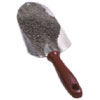
Powdered mineral that loosens heavy and clay soil; improves drainage.
If you're mulching your garden, use our handy calculator to figure out how much you need.
Plants need a balance of nutrients for healthy growth. Fertilizers, or complete plant foods, contain all of the basic nutrients: nitrogen, phosphorus, and potassium. These nutrients are listed on packaged plant foods in percentages of N-P-K. The following organic materials, when added to soil, supply specific nutrients needed by plants.
Copyright © www.100flowers.win Botanic Garden All Rights Reserved